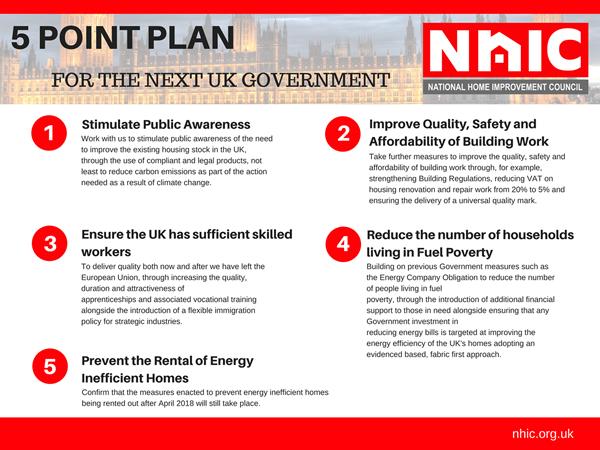
Date: 8 May 2017
The National Home Improvement Council wants all political parties to clearly establish in their manifestos how they would work with industry to overcome some of the fundamental challenges currently faced by the country, including not only the need to build more quality energy efficient homes, but also how to improve the quality of our existing housing stock.
Anna Scothern, Executive Director of the NHIC said ”Great Britain is one of the richest countries in the world, yet 4.5 million families still live in fuel poverty. The National Home Improvement Council believes that no individual or family should have to make ‘heat or eat’ choices each winter.”
She added “27% of the UK’s CO2 emissions come from our existing 26 million homes and while demand for housing continues to rise with new house building failing year-on-year to meet the established government target of 1 million new homes by 2020, refurbishment, repair and maintenance must be an essential part of the new Government’s overall housing strategy.”
The National Home Improvement Council, established in 1974, is a member-based organisation whose primary aim is to encourage the safe and efficient refurbishment of the UK’s existing homes across the private and social housing sectors, to improve living standards and reduce fuel poverty.
The NHIC uses expertise from across its membership to bring about positive change for UK homes and looks forward to working with the new Government to address these important issues.
 600450
600450

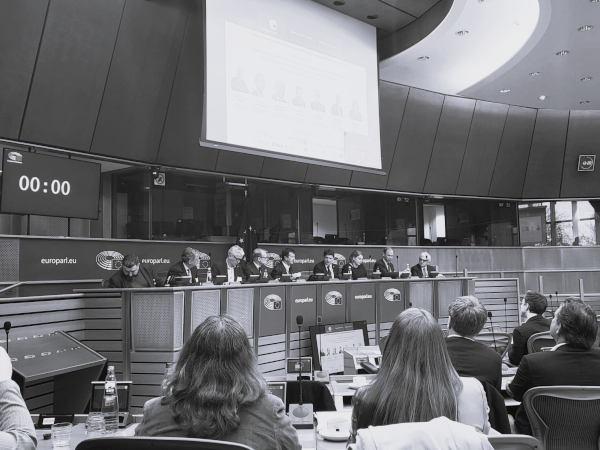
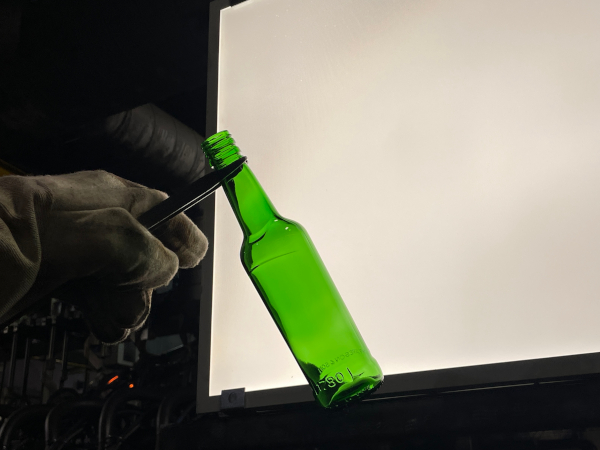


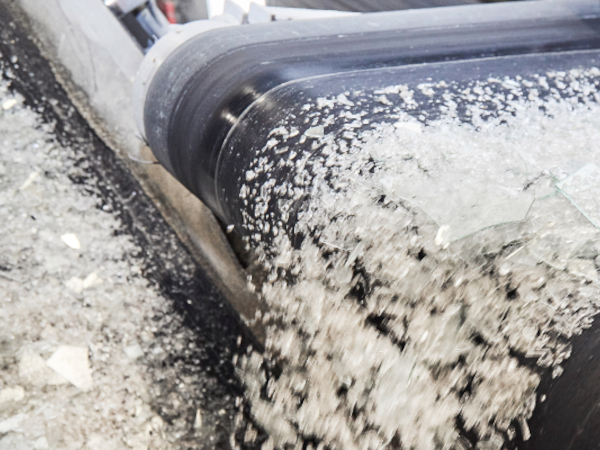
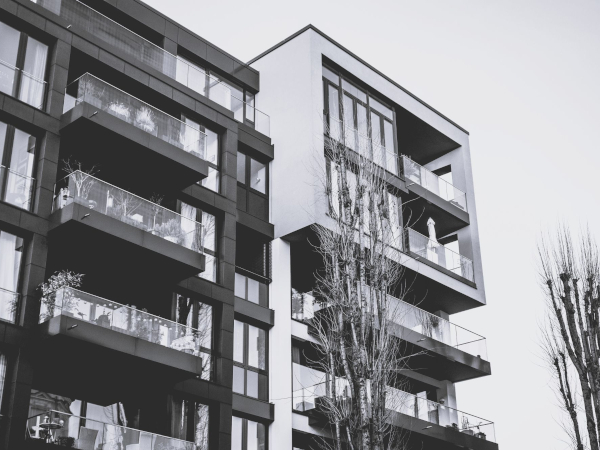

Add new comment